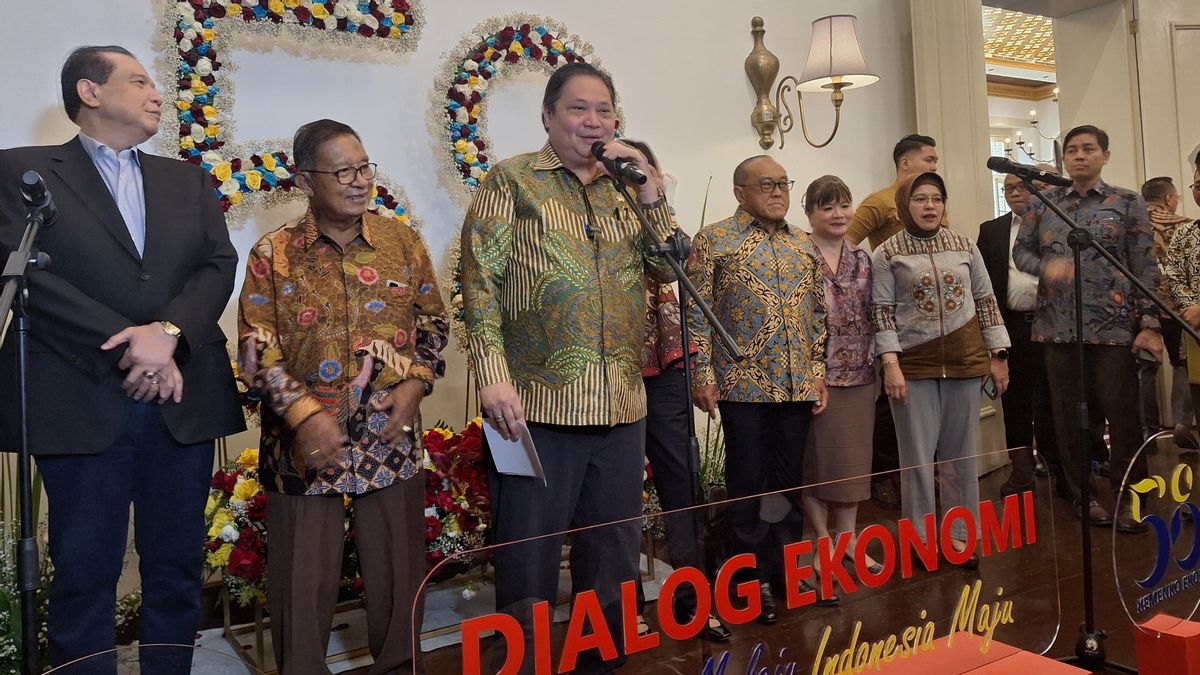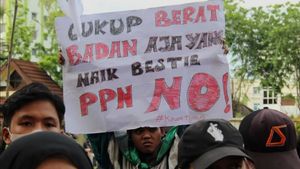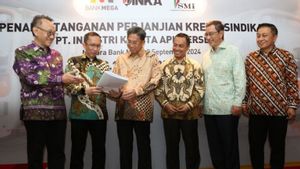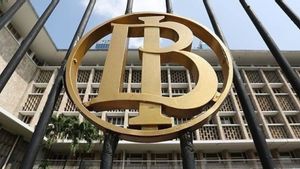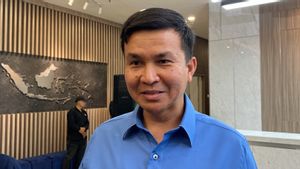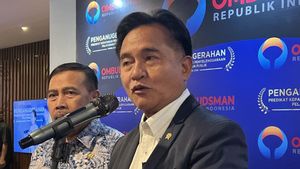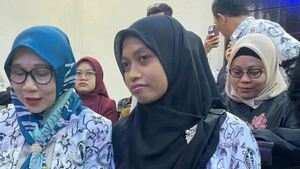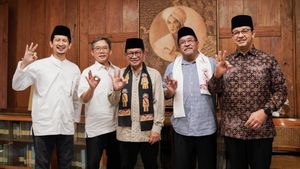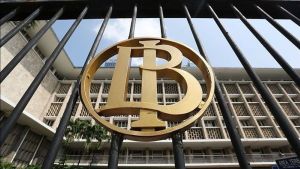JAKARTA - The Coordinating Ministry for Economic Affairs (Kemenko Perekonomies) gathered several former Coordinating Minister for Economic Affairs (Menko Perekonomian) in Economic Dialogue activities with the theme The Role and Potential of Middle Class Towards Indonesia Gold 2045.
Some of the former Coordinating Ministers for the Economy who attended were Dorodjatun Kuntjoro-Jakti, Aburizal Bakrie, Sri Mulyani Indrawati, Chairul Tanjung and Darmin Nasution.
"We gathered the seniors, present here are the senior Coordinating Minister. Starting from the 2000s, Mr. Prof. Dorodjatun, then Mr. Aburizal Bakrie, then Mr. Chairul Tanjung, Mr. Darmin Nasution, then Mrs. Sri Mulyani," said Coordinating Minister for the Economy Airlangga Hartarto at a press conference, Tuesday, August 27.
Airlangga conveyed that the discussion discussed was about the role of the middle class in Indonesia, which is the main driver of the Indonesian economy, which is around 17.1 percent andSince the middle class is close to 50 percent, where in the time before COVID-19 the figure was slightly higher.
"This is because there is an effect of COVID-19 which is often conveyed by the finance minister as a scattering effect, where this is expected to be improved in the future," he said.
According to Airlangga, the middle class group has characteristics closely related to consumption patterns where spending is dominated by the food, housing, education, and entertainment or services sectors.
"Then the characteristics in the middle class are related to consumption patterns, where the largest expenditure is usually in terms of the sector for food, followed by housing, health, education, to entertainment or the service sector," he explained.
Airlangga explained that the food and beverage sector was the first largest expenditure and was followed by the housing sector into the second largest expenditure.
"Residentials too, this priority is one of the second largest expenditures after food and drinks. So for the middle class, this housing sector is important," he added.
Airlangga explained that the government will continue to maintain and encourage the middle class of the economy, because it has a strategic role to support the economy, especially related to entrepreneurship and job creation.
"Of course investment is important, positive investment, and this will certainly make social changes, especially to achieve Indonesia's gold 2045," he said.
SEE ALSO:
Therefore, Airlangga said the government would continue to maintain the middle class so that it could encourage stable and high economic growth.
"Because this will encourage classes to encourage our middle class to continue to grow and reduce those who are middle class or the decline from the middle class itself," he said.
Airlangga conveyed that to support the middle class, the government has launched several programs, including social protection programs, tax incentives, pre-employment cards, job loss guarantees, recipients of health insurance contributions, and people's business loans.
"These various programs are expected to hold back the number of middle class," he said.
The English, Chinese, Japanese, Arabic, and French versions are automatically generated by the AI. So there may still be inaccuracies in translating, please always see Indonesian as our main language. (system supported by DigitalSiber.id)
